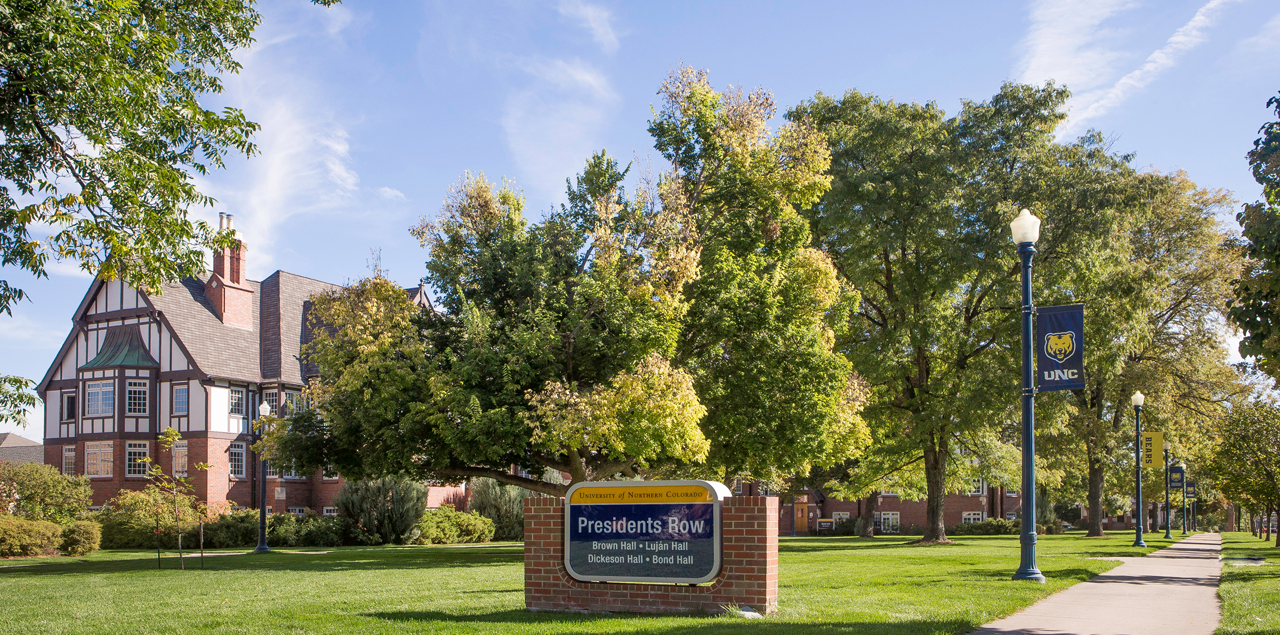
As Election Day approaches, here’s what the ballot issue means for Colorado’s public colleges and universities.
Without increasing taxes, Proposition CC would provide additional funding for transportation, K-12 education, and higher education by allowing the state to keep more of the revenue it already collects. Currently, the state is required to return to taxpayers any revenue above a spending limit imposed by a formula contained within a section of the Colorado constitution known as TABOR. Since TABOR went into effect in 1992, taxpayers have received refunds nine times. Next year, the estimated refund is $26-$90 per taxpayer.
Beginning in 2019-20, Proposition CC would instead call for a projected $310 million to be divided evenly among the three areas: transportation (roads, bridges and transit), K-12 education, and higher education. Colorado ranks 48th out of 50 states in public funding for higher education while projections show that, by next year, 75% of the state’s jobs will require a postsecondary credential amid statewide goals to increase attainment.
 “How much states invest in public higher education matters for enrollment, retention
and degree completion,” said Amy Li, assistant professor of Higher Education Student
Affairs Leadership (image at right), who researches higher education finance and public policy.
“How much states invest in public higher education matters for enrollment, retention
and degree completion,” said Amy Li, assistant professor of Higher Education Student
Affairs Leadership (image at right), who researches higher education finance and public policy.
Li said research suggests that additional state investment encourages more students to start college and for existing students to finish college. “Increased state funding can be used to lessen the financial burden that gets passed on from colleges to students in the form of higher tuition, and also provide financial flexibility to colleges to continue investing in academic support programs such as advising and tutoring, which help support students to graduation.”
UNC’s Board of Trustees joined fellow governing boards of colleges and universities and K-12 boards of education throughout the state in publicly supporting the measure. At their Sept. 23 meeting, trustees adopted a resolution in support of Proposition CC, with Chairman Dick Monfort noting that this is “... an opportunity for additional funding for higher ed, which universities and colleges in Colorado drastically need."
Proposition CC
Arguments For
1) Proposition CC provides more money for critical investments in Colorado’s future
without raising tax rates. By allowing the state to keep the money it already collects,
the measure provides needed funding for K-12 education, higher education, and transportation.
While Colorado currently ranks in the top third of states in household income, it
ranks in the bottom third in per-pupil public spending on both K-12 and higher education.
Further, the state’s roads are deteriorating while the cost
of improvements continues to increase. Addressing these challenges requires statewide
investment, and Proposition CC provides revenue for these investments immediately
and into the future.
2) Proposition CC allows elected officials to make better policy decisions while preserving the citizens’ right to vote on any new state taxes and tax rate increases. Because these tax increases will still require voter approval if the measure passes, state government spending will remain limited. Proposition CC simply allows the state government to keep the money it already collects. Similar measures have been approved by voters in most Colorado counties, cities, and school districts.
Arguments Against
1) Proposition CC results in higher taxes by permanently eliminating all state TABOR refunds required by the Colorado Constitution. Taxpayers are being asked to sacrifice their refunds to pay for programs that should already be funded within the state budget. Even with the limit, the state government has already shifted money between funds and raised fees and tolls to increase its revenue faster than inflation and state population growth. Proposition CC will cause government to expand at an even faster pace.
2) Proposition CC continues to erode taxpayer protections in the Colorado Constitution. Instead of asking voters for permission to keep specific amounts of money collected above the revenue limit each year, the state government is asking voters to give up refunds of unknown amounts forever. The measure broadly directs where the new money will be spent, but the specifics can be changed in the future without voter approval. Further, while spending this new money for education and transportation, the legislature could redirect existing funds to any other purpose.
Source: 2019 Ballot Information Booklet
More Stories
-
UNC Selects New Vice President of Student Affairs
Este artículo no está en español.
-
Employees Celebrated at Annual Staff Recognition Event
Este artículo no está en español.
-
State Funding, Finances and Strategic Planning Lead Agenda in February Board of Trustees Meeting
Este artículo no está en español.
-
UNC Achieves Carnegie’s Prestigious R2 Research Activity Designation
Este artículo no está en español.





